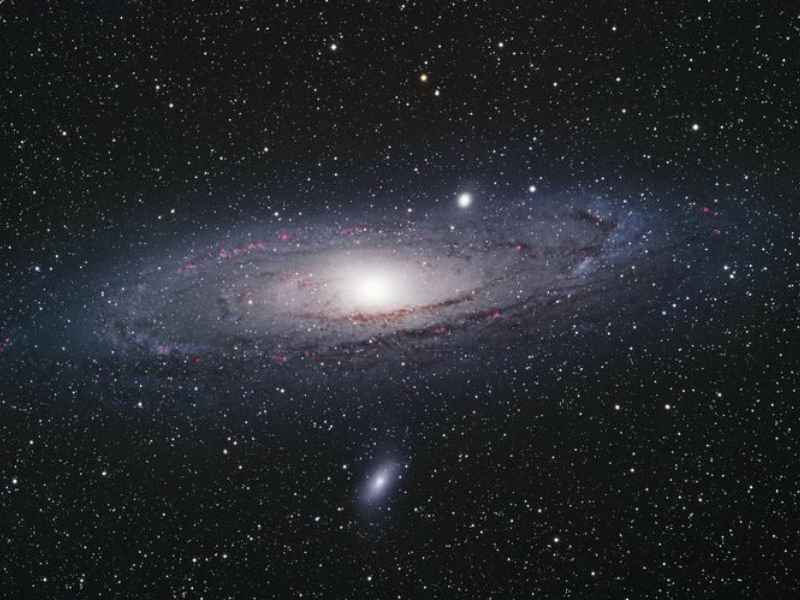
Expanding universe, Faster than thought earlier: Research
According to the latest research by a team of scientists led by Sherry Suyu from Max Planck Institute for astrophysics and Frederic Courbin of Ecole Polytechnique Federale de Lausanne in Switzerland, our universe could be expanding faster than was earlier thought. Until date, the approach that was adopted for determining the rate of expansion of the universe involved the study of how massively the nearby galaxies warp the light from distant quasars.
The theory that the universe is constantly expanding was first given and propagated by American astronomer Edwin Hubble. This was considered as one of the vital evidence towards the big bang theory of beginning and evolution of the universe that says that the universe, as we know it, is a result of a cosmic event marked by an explosion called the big bang that occurred billions of years ago.
The theory and the subsequent evidence to support the same are vital to the understanding of the universe. The universe’s rate of expansion has been considered as a constant called as the Hubble constant has a value of 66.9 kilometers per second per megaparsec, until now. This figure changed to a higher value, 71.9 kilometers per second per megaparsec as given by the research team headed by Sherry and Courbin.
According to Courbin, their research and determination of this new accelerated rate of expansion of the universe is based only on geometry and the theory of general relativity. Even though the reason behind the discrepancy has not been found out, yet it certainly gives the scientific community to ponder over the current knowledge base one has of the universe and its beginnings.
This research could point to a major breakthrough in the understanding of the role of the dark matter in the universe and the various other assumptions that are made for arriving at the Hubble constant.


